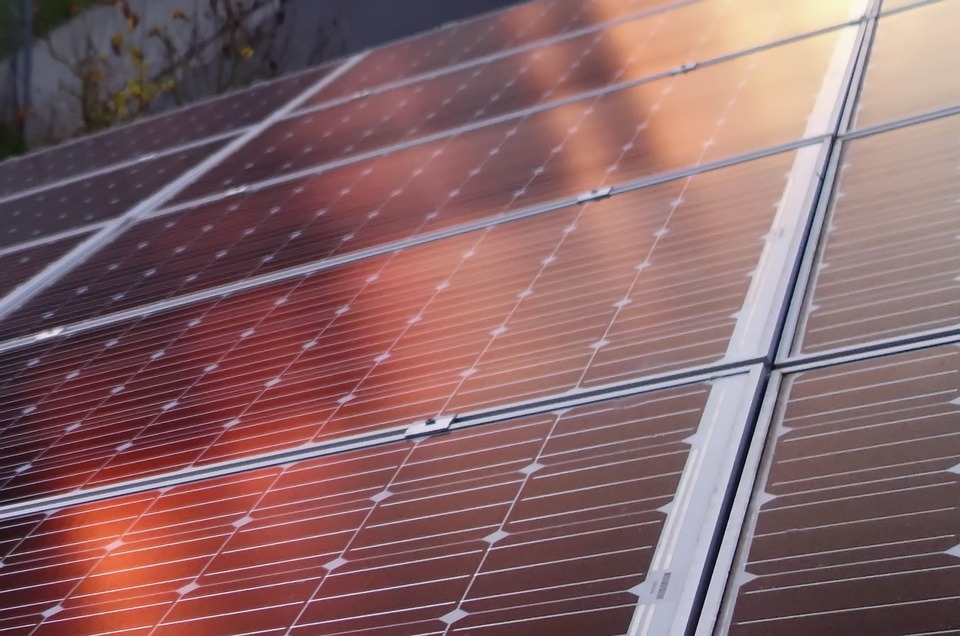From pv magazine Spain.
Spain’s Council of Ministers on Friday approved the Royal Decree under which the administrative, technical and economic conditions for energy self-consumption will be regulated. The provisions complete the regulatory framework for self consumption defined by Royal Decree-Law 15/2018, which was issued in October and eliminated the so-called sun tax to provide certainty for energy ‘prosumers’.
The latest Royal Decree includes new measures. Firstly, the regulations define different types of self-consumption. Previously there was only individual self-consumption connected to an internal network. Now, collective self-consumption is defined in such a way that several consumers can be associated with the same generation plant, a development that will promote self-consumption in residential and industrial communities.
The decree also introduces the concept of communal self-consumption, where households can use energy generated nearby rather than solely on their own building.
Another novelty simplifies the mechanism of payment for any surplus energy injected back into the grid. Previously prosumers were only compensated if they were legally authorized energy producers, with all the paperwork and tax declarations that involved. The new decree rewards generators monthly as long as they are producing renewable energy from systems no larger than 100 kW in capacity, and the amount of compensation they receive can be up to 100% of the value of the energy consumed in the month. The collective self-consumption mechanism offers prosumers the alternative of consuming a neighbor’s surplus generation.
Popular content
Distribution companies offer service to all
The decree licenses all power distribution companies to offer renewable energy self-consumption and the National Commission of Markets and Competition, which has validated the measure, will supervise the evolution of the market and, in the event of competition problems, may propose restrictions on certain companies.
The new provisions also reduce administrative procedures for all prosumers. Small self-consumers – installations of up to 15 kW, or up to 100 kW for self-consumption without surplus – will face just a single procedure: to notify installation of an electricity production plant with their regional government. A national registry will be fed with information provided by regional administrations. For systems with less than 100 kW in low voltage, the regional bodies will collect information from the data on such installations’ electrotechnical certificates.
Distribution companies will be able to modify the access contracts of small consumers simply by obtaining the prosumer’s consent and measurement configurations have been simplified such that in most cases a single meter at the distribution network border will be sufficient.
This content is protected by copyright and may not be reused. If you want to cooperate with us and would like to reuse some of our content, please contact: editors@pv-magazine.com.



Please advise as to what are the new regulations regarding installation of grid tied systems.
Many people talk about them but nobody actually says what they are.
Please help,